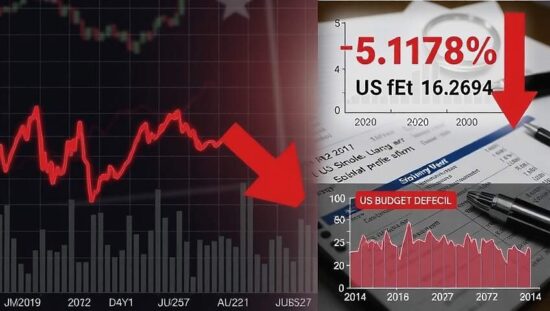30 a.m., a 0.6 percent drop from the previous day’s close.
Thomas Altmann of QC Partners noted that the DAX has reached an all-time high of 28 times this year, with only two more records to break to match the 30 highs of the first half of last year. Of the 21 trading days since Easter, 18 have ended positively, a rare occurrence in the DAX’s history, with only one instance of 19 consecutive positive days recorded in 2013.
However, Thursday’s trading was marked by difficulties, following the losses on Wall Street the previous evening. The high US budget deficit has been a growing concern for investors, leading to demands for higher interest rates from the US government. The longer the maturity of the bonds, the higher the interest rates required, with 30-year bonds now requiring over 5 percent, nearing the 5.18 percent high of 2023, a 16-year record.
Rising interest rates are starting to weigh on the stock market, as bonds become a more attractive alternative to stocks and higher interest rates increase the financing costs of companies, thereby reducing their profits, Altmann explained.
Meanwhile, the euro was slightly weaker against the US dollar, with one euro exchanging for 1.1318 US dollars and one US dollar for 0.8835 euros. Oil prices also fell, with a barrel of North Sea Brent crude trading at 63.69 US dollars at 9 a.m. German time, a 1.9 percent drop from the previous day’s close, or 122 cents.





